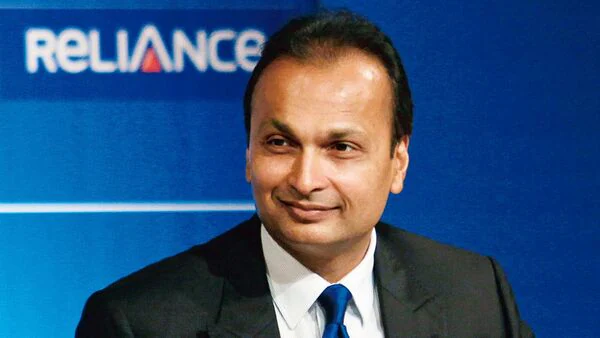Now Reading: JD Vance Questions Microsoft’s H-1B Hiring, Indians Push Back on the Full Story
-
01
JD Vance Questions Microsoft’s H-1B Hiring, Indians Push Back on the Full Story
JD Vance Questions Microsoft’s H-1B Hiring, Indians Push Back on the Full Story

US Vice Presidential candidate JD Vance has stirred controversy by criticising Microsoft’s use of H-1B visas, a move that’s sparked sharp reactions, particularly from the Indian tech community. Vance questioned why Microsoft is hiring foreign workers, especially Indians, after recently laying off American employees. But many argue the issue isn’t as straightforward as it seems.
What JD Vance Said
In a recent statement, Vance said it “makes no sense” for Microsoft to cut American jobs while continuing to sponsor H-1B visas for international talent. His comments were aimed at highlighting what he views as a contradiction—on one hand, cost-cutting through layoffs; on the other, hiring skilled foreign workers from countries like India under the same company umbrella.
This sentiment isn’t new in US politics. H-1B visas, which allow companies to employ skilled foreign professionals, have long been a flashpoint in immigration and job market debates.
Indian Voices Respond
Indians, especially those working or aspiring to work in the US tech sector, were quick to respond. Many pointed out that Vance failed to acknowledge how critical Indian tech talent has been to the growth of companies like Microsoft, Google, and Meta. Others noted that layoffs and H-1B hiring often affect entirely different teams—local job cuts may come from sales or support divisions, while H-1B roles are often highly specialised tech or engineering positions.
For many Indians from Tier 2 cities, where dreams of working at global tech companies are fueled by years of preparation, Vance’s comments felt unfair and overly simplistic.
The Bigger Picture
Tech companies argue that they hire based on skill requirements, not nationality. The H-1B programme, while not perfect, fills crucial gaps in fields like software engineering, AI, and data science—areas where demand still outpaces local supply in the US.
What’s also being left out of the conversation is the legal and financial burden of hiring H-1B employees. It’s not cheap, and companies don’t do it unless they truly need to.
India’s Tech Ambitions and Global Role
India has become a major contributor to the global tech workforce. From Hyderabad to Indore, and Pune to Coimbatore, students and professionals are increasingly competing—and collaborating—on global platforms. When political leaders in other countries question their role, it has ripple effects back home, affecting both perception and policy.
Many in India view Vance’s remarks as political posturing during an election year, rather than a reflection of how the tech industry actually functions.
Conclusion
JD Vance’s comments may have struck a chord with some American voters, but the response from Indian professionals highlights how deeply connected and interdependent the global tech economy really is. The H-1B debate isn’t just about jobs—it’s about value, skill, and the future of innovation. And ignoring that complexity does a disservice to everyone involved.






















